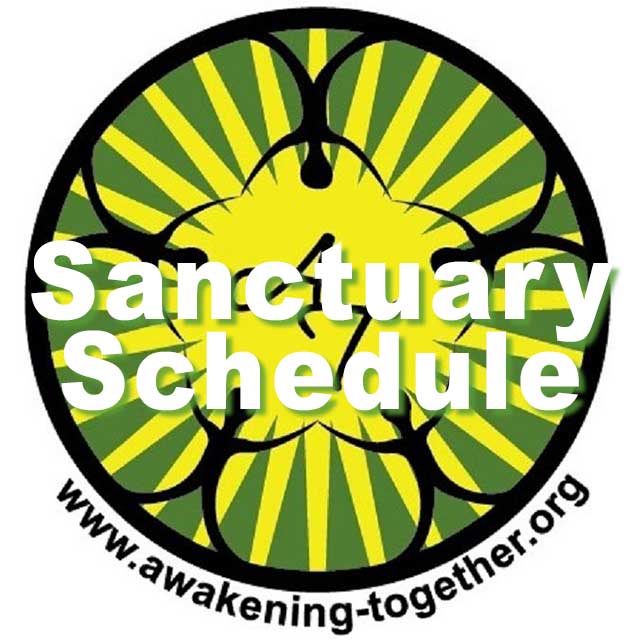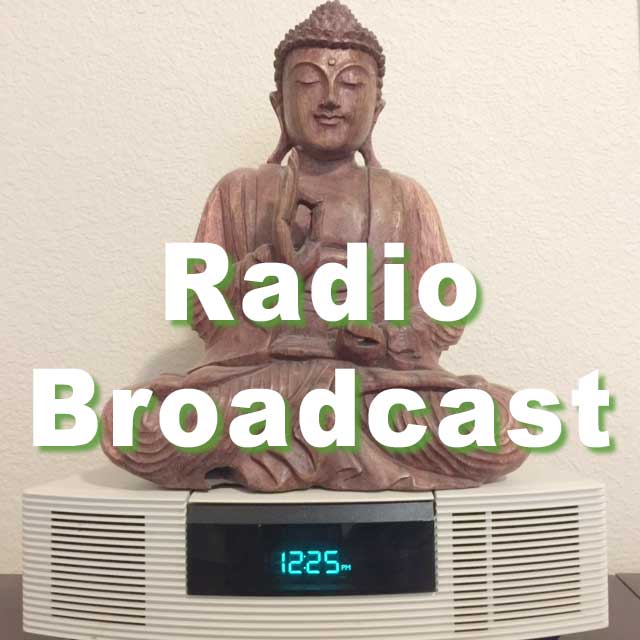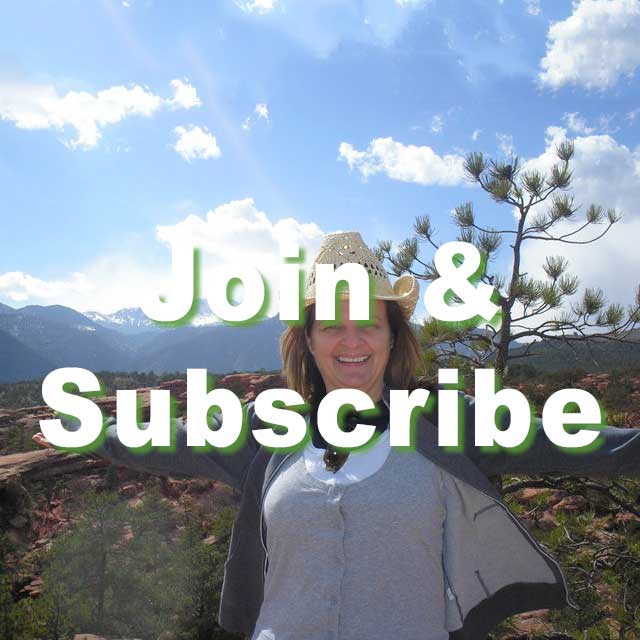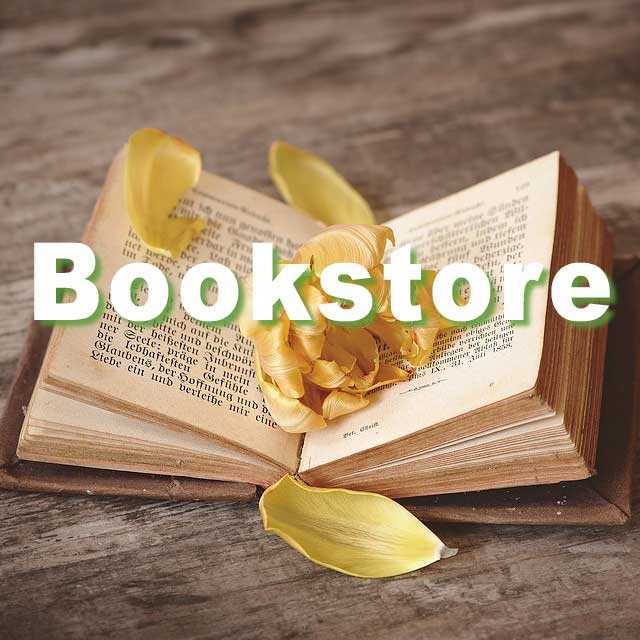Lesson 117. Review of Lessons 103 – 104.
How to Contemplate, continued:
Contemplation is a process of discovery, a process of going deeper into something or going beyond what was already known or consciously realized.
I ‘d like to share an article by Adyashanti. In this article he talks about “meditative self-inquiry.” His meditative self-inquiry is contemplation. He does an excellent job of describing how contemplation feels.
“How I Discovered Meditative Self-Inquiry” by Adyashanti
An excerpt taken from Adyashanti’s book, True Meditation
I’d like to tell the story of how I came across meditative self-inquiry. In many ways, it was very spontaneous, almost a mistake. Nobody ever taught me about meditative self-inquiry directly, and nobody even suggested that I do it. It came naturally out of years of spiritual practice and meditating.
At one point, I realized that I had these questions … questions I think lots of people have about their practice, about their spirituality, about life. My questions were actually fairly basic.
For example, what is surrender? I had heard a lot about surrender, and I thought, what is surrender, really? And what is meditation? What is it really? I had been meditating for years, but what was it really? This line of questioning ultimately led me to ask, who am I really? I noticed that these questions were running around in my mind, and I was looking for a way in which I could actually engage with them directly, and that’s how I discovered meditative self-inquiry.
I found myself going to coffee shops in the evenings after work, and I would start with a question. I would take a piece of paper and a pen in hand and I would start to write about the question as if I was talking to somebody else. We are always the best in transmitting what we know when we are teaching it to somebody else, so I would sit down and write as if I were teaching the answer to someone. The agreement I made with myself was that I was not going to write a single word unless I knew in my experience that it was accurate and true. So I would take a topic like “what is surrender?” And I would start to write on it. As I said, I would not complete a sentence until I felt that the sentence was true, that I wasn’t in any way speaking outside of my own experience. In this way, I would write the next sentence, and the next sentence, and the next sentence.
What I found was that I would write myself right up to the end of my knowledge about the subject I was investigating in a relatively short period of time. I found that usually within two handwritten pages, three at the very most, I would write myself right up to the edge of what I knew. And so I would come to this inner wall, and I would feel it … not only in my mind, but in my body too. I would know: this is it; this is as far as my own experience goes.
I could sense that I had not gotten to the bottom of what my question was, so I would literally sit there with my pen in one hand, and a cup of coffee in the other hand, and I would refuse to write a word unless I knew that it was true. Sometimes I would sit right at that place for many minutes, sometimes half an hour, sometimes two hours … but I would not write the next word until I knew that it was true and it was accurate. What I found was that the only way to move was to hold still, right there at the edge of my knowledge, and feel into my mind and my body at that threshold. Not to think about the question. Not to go into a lot of philosophizing in mind. But literally to kinesthetically hold at that boundary between what I knew and what was beyond what I knew. And what I found was that by holding at that boundary … by feeling it, by sensing it, by knowing that I wanted to move beyond it … that eventually the next word or sentence would come. When it did, I would write it down. Sometimes I would write no more than half a sentence before I would know, right in the middle, that I had hit the boundary again. I would stop again and I would wait. I’d hold at the boundary.
Eventually I found that I could go through this mysterious limitation, this mysterious wall of what I knew, and I could move beyond it. And I knew when I had moved beyond it, because all of a sudden everything would start to flow again. I would start to write things that I never knew that I knew. All of a sudden this deeper wisdom would come out, and I would be writing it down, and eventually I would reach a conclusion.
Now these writings were not very long. I think the longest I ever wrote was probably seven or eight handwritten pages. So they weren’t long dissertations; I was trying to make them the shortest, most succinct expressions of what I knew. And when I was finished writing, what I found, number one and most important, was that the question had disappeared.
Jacquelyn’s Personal Contemplation of Lesson 117:
(103) God, being Love, is also happiness.
(104) I seek but what belongs to me in truth.
God (the Absolute), love and happiness are one. Because I am one with all that Is, I am love and happiness. These qualities cannot be found because they have never been lost to me. To search for them is to pretend I am something other. My focus on my absolute nature is God’s will for me, is perfect happiness, is love. I have felt in my heart the raw hunger for unconditional love, for unbound experience. I have reveled in it. I need not look outside myself. This love is inseparable from me. This gusto for life and the desire to suck the marrow out of it – that impulse is me, that energy is me. I rejoice in the discovery of myself once again.



